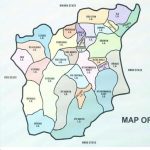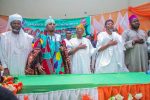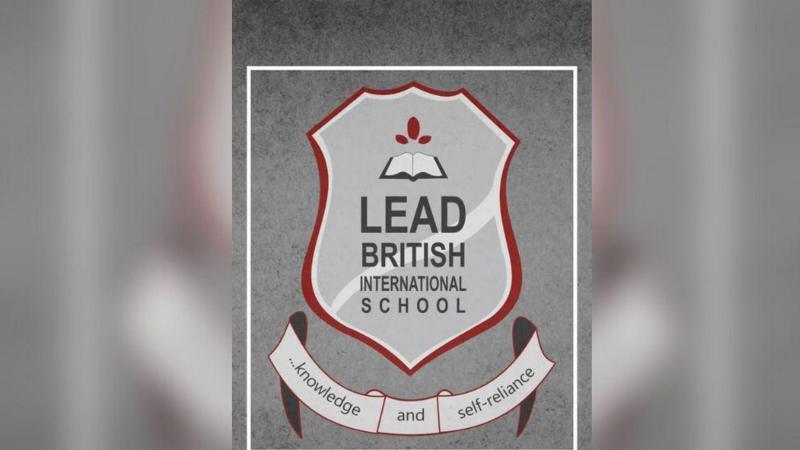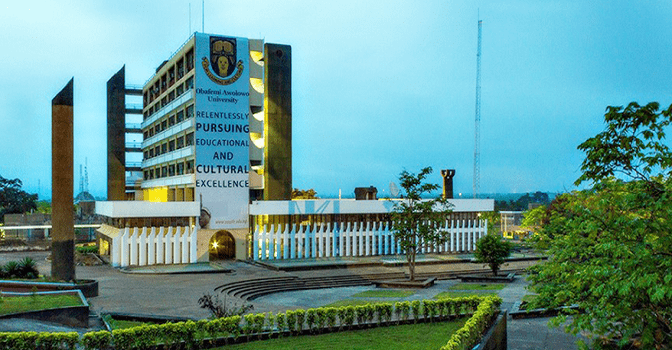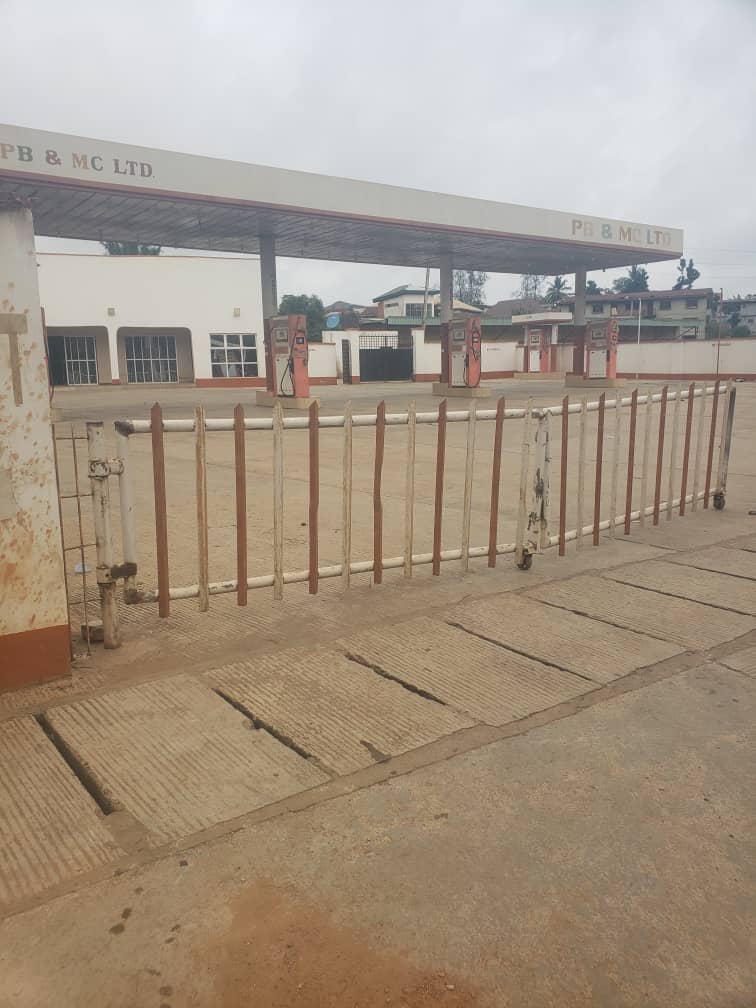FEATURE: A New Wave To Fact-Checking And Curbing Information Disorder
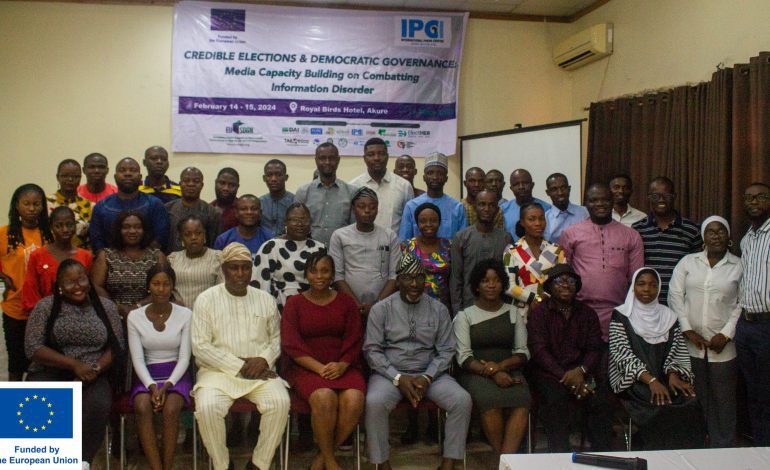

In elementary mass communication, news is anything new. In broader terms, news is an account of an event of significance to a particular number of people, at a particular place, and at a particular time. It is undeniable that we live in a world where equitable and easy access to information, especially with the advent of social media, is non-negotiable. This is a result of the fact that the information people get is pivotal to shaping their lives and those around them.
Understanding this fact and exploring the world of Information and Communication Technology that has made every user of the internet accidental journalists and information purveyors, it is of great importance to get the truth out of everything shared to curb misinformation, disinformation, and propaganda.
There is also a new trend in this narrative known as information disorder. It simply implies a piece of information that is tweaked/distorted to arouse a level of understanding, and tilt to a level of bias and sentiment. These critical issues and more formed the theme of a two-day intensive workshop on Capacity Building on Combatting Information Disorder in Democratic Governance Reporting Using Fact-Checking and FOI Tools organised by the International Press Centre, Lagos, as part of activities under Component 4 (Support to Media) of the European Union Support to Democratic Governance in Nigeria (EUSDGN II) project, held at the Royal Birds Hotel, Akure, on February 14 and 15, 2024.
The workshop that gathered 41 journalists (new/mid-level journalists, community journalists, freelance journalists, etc.) from different media organisations across the South-West, including Sodiq Yusuf of OSUN DEFENDER, was an avenue to strengthen the media for fair, accurate, ethical, and inclusive reporting of the electoral processes and elections and particularly seeks to combat information disorder/fake news in democratic governance reporting using fact-checking and FOI tools.
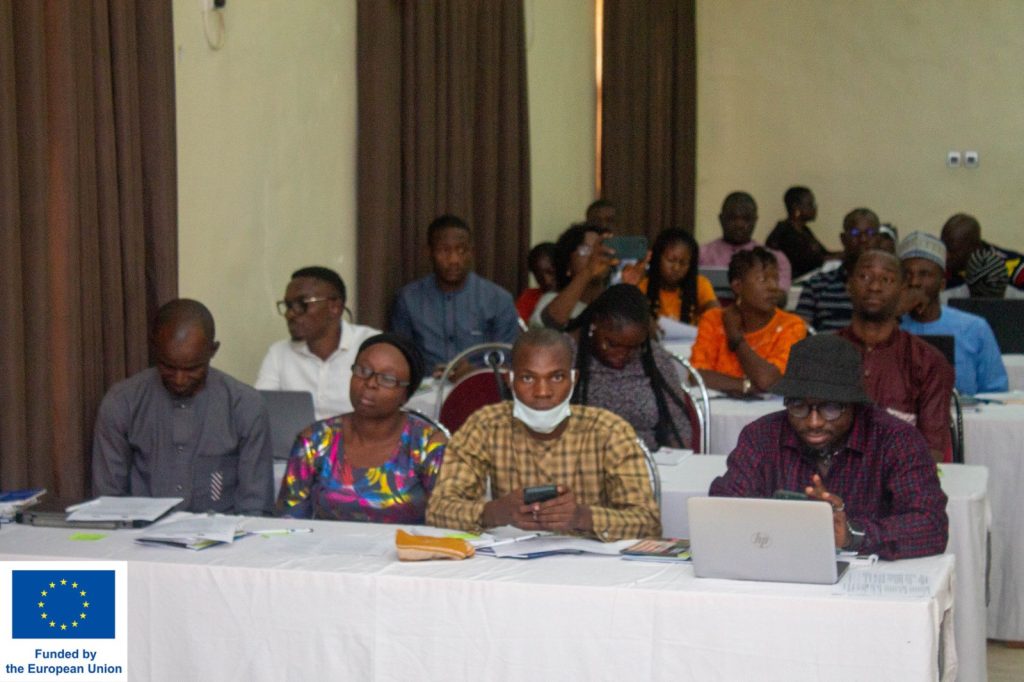

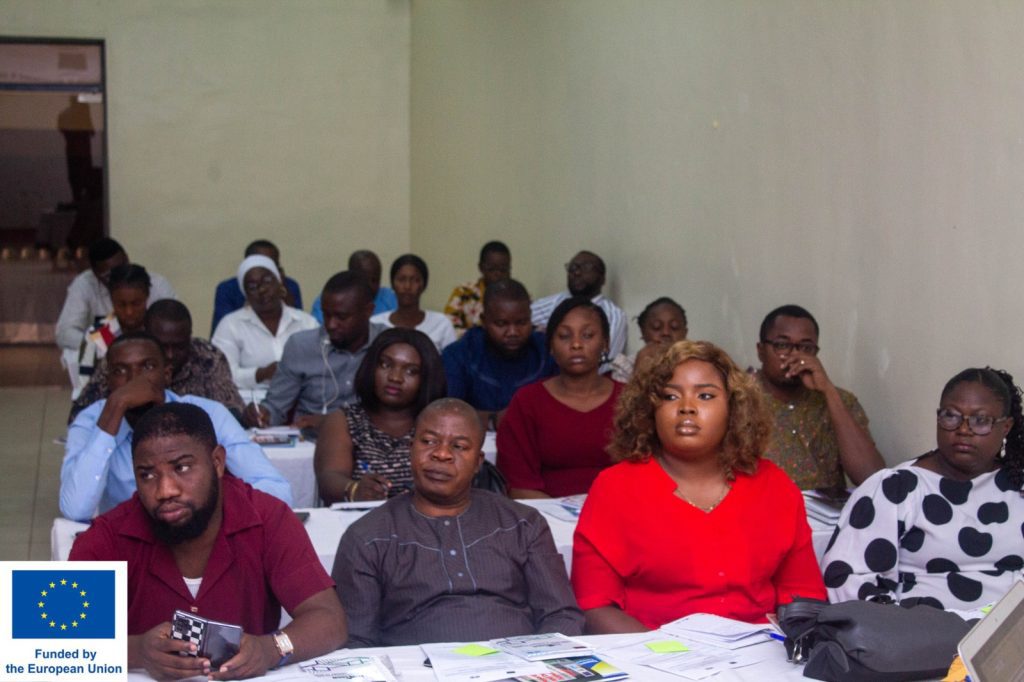

Leading the discourse on Fact-Checking and Curbing Information Disorder, the Executive Director of the International Press Centre (IPC), Mr. Lanre Arogundade, urged journalists to eliminate their biases to ensure credibility and accuracy in their reporting of events.
Arogundade noted that like every other individual with a picture in their head, journalists have the mandate to properly inform their audience by cross-checking facts, properly situating the contexts, and providing clarity to protect the nation’s democracy.
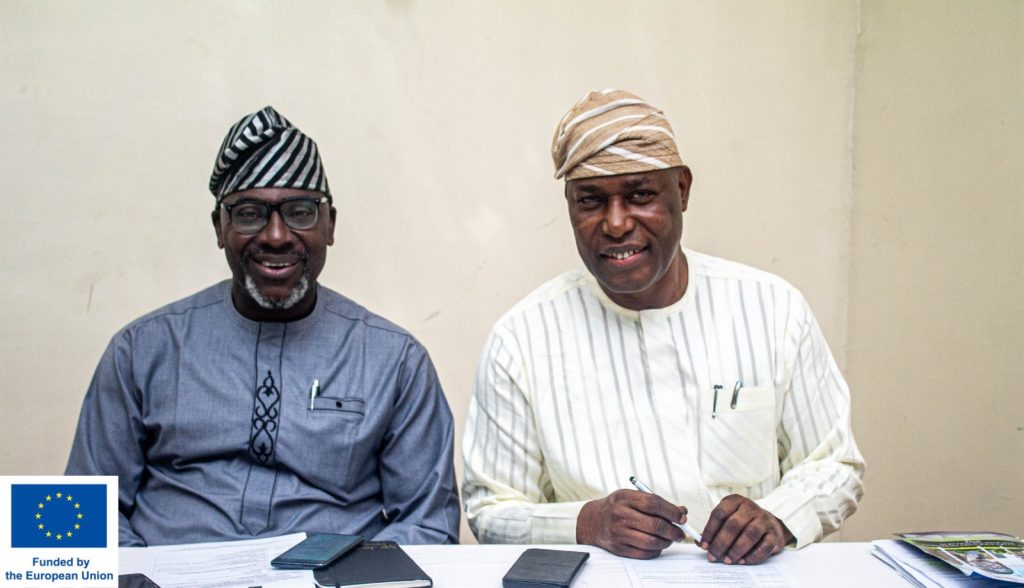

He said that with the prevailing situation of fake news, journalists have an essential role to play in safeguarding the country, and demanding accountability from elected officials by adequately fact-checking claims and seeing to the implementation of their campaign promises.
His words” “This training is to ensure that journalists report elections and electoral processes factually, and accurately and to ensure that we fact-check the necessary information. After elections, we need to hold our leaders accountable, so we need to look at their campaign promises and assess their state of implementation, not just from the view of the government but from the view of the people, by verifying claims and facts.
“We believe that by doing that, we can help our people solve some of their problems, which is called solution-driven journalism. Our duty as journalists is to ensure we keep leaders accountable for their promises.”
Corroborating him, another facilitator at the workshop, Mr. Martins Oloja, who is the Editor-in-Chief of The Guardian Newspaper, emphasised the essence of research in information gathering and dissemination, describing it as the bedrock of responsible journalism.
Mr. Oloja, who took the participants through the rudiments of the FOI Act, 2011 and its usage, opined that it is high time journalists focused on human interest stories and developmental-oriented issues that will make the government urgently address the issues plaguing the country.
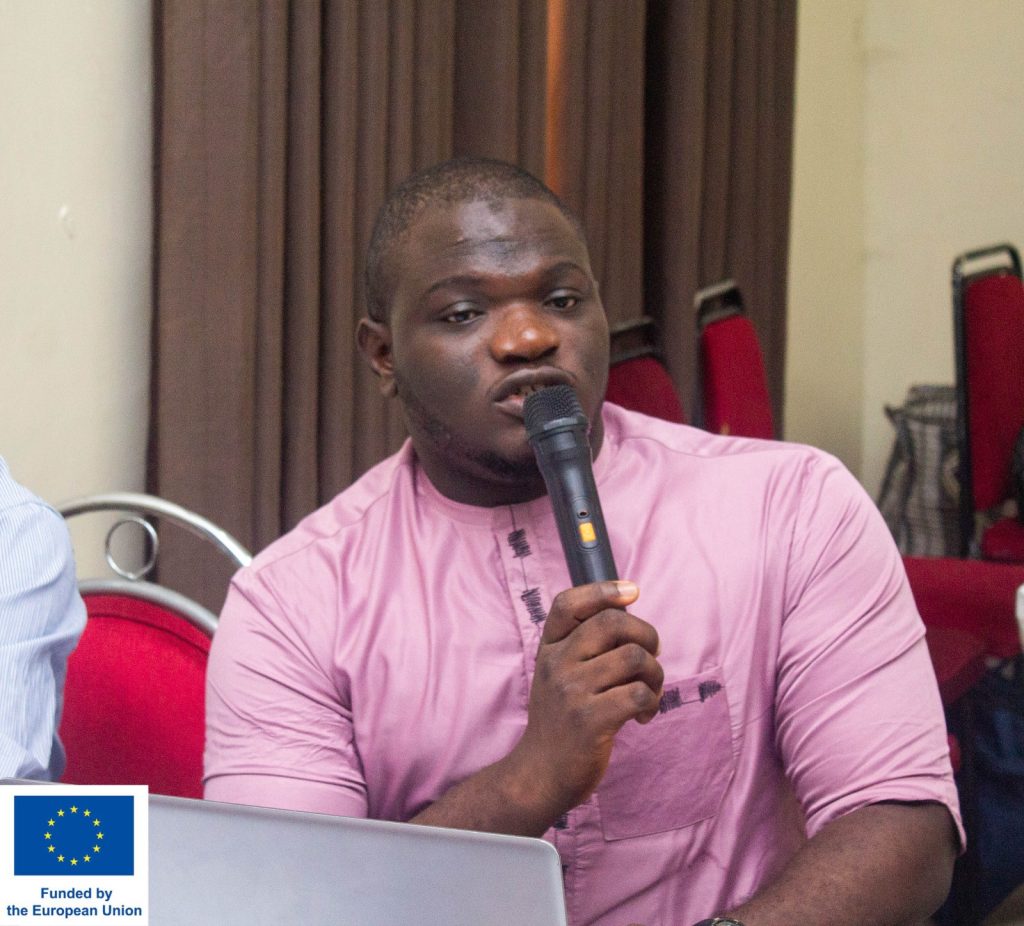

He was also of the opinion that journalists should avoid an unhealthy relationship with the people in power, as it will further expose them to attack and censorship.
Declaring the workshop open, the IPC Programme Manager, Melody Akinjiyan, said the event, themed; “Credible Elections & Democratic Governance,” aimed to equip journalists with the necessary tools, skills, and knowledge to explore the complexities of the digital age responsibly and ethically, and ensuring transparency of the electoral system.
She said: “We are confronted with the daunting challenge of combating misinformation, disinformation, and propaganda. This training therefore serves as a beacon of hope, illuminating the path towards a more informed, vigilant, and resilient media landscape.”
Participants were provided manuals on election reportage, the FOI Act, and Fact-Checking tools – Invid, TinEye, and GoogleReverseImageSearch, among others.
The workshop, according to the organisers, is the first in a series of engagements with the media, especially in the areas of Investigative Journalism, Fact-Checking, Eliminating Fake News, and other novel ideas in the world of information dissemination, and will continue with the monitoring of the participants’ activities before the next physical engagement.
Highlight of the event was signing up for the IPC Fact-Checking Fellowship and Information Disorder Combating Team.
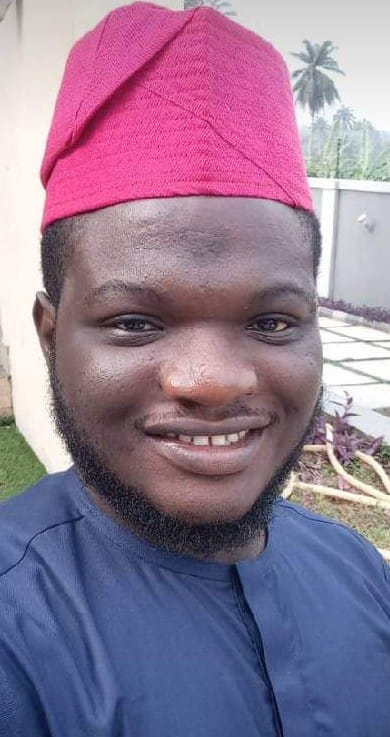

Sodiq Yusuf is a trained media practitioner and journalist with considerable years of experience in print, broadcast, and digital journalism. His interests cover a wide range of causes in politics, governance, sports, community development, and good governance.

